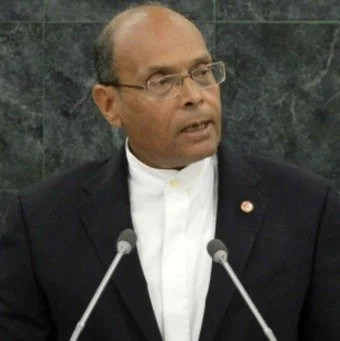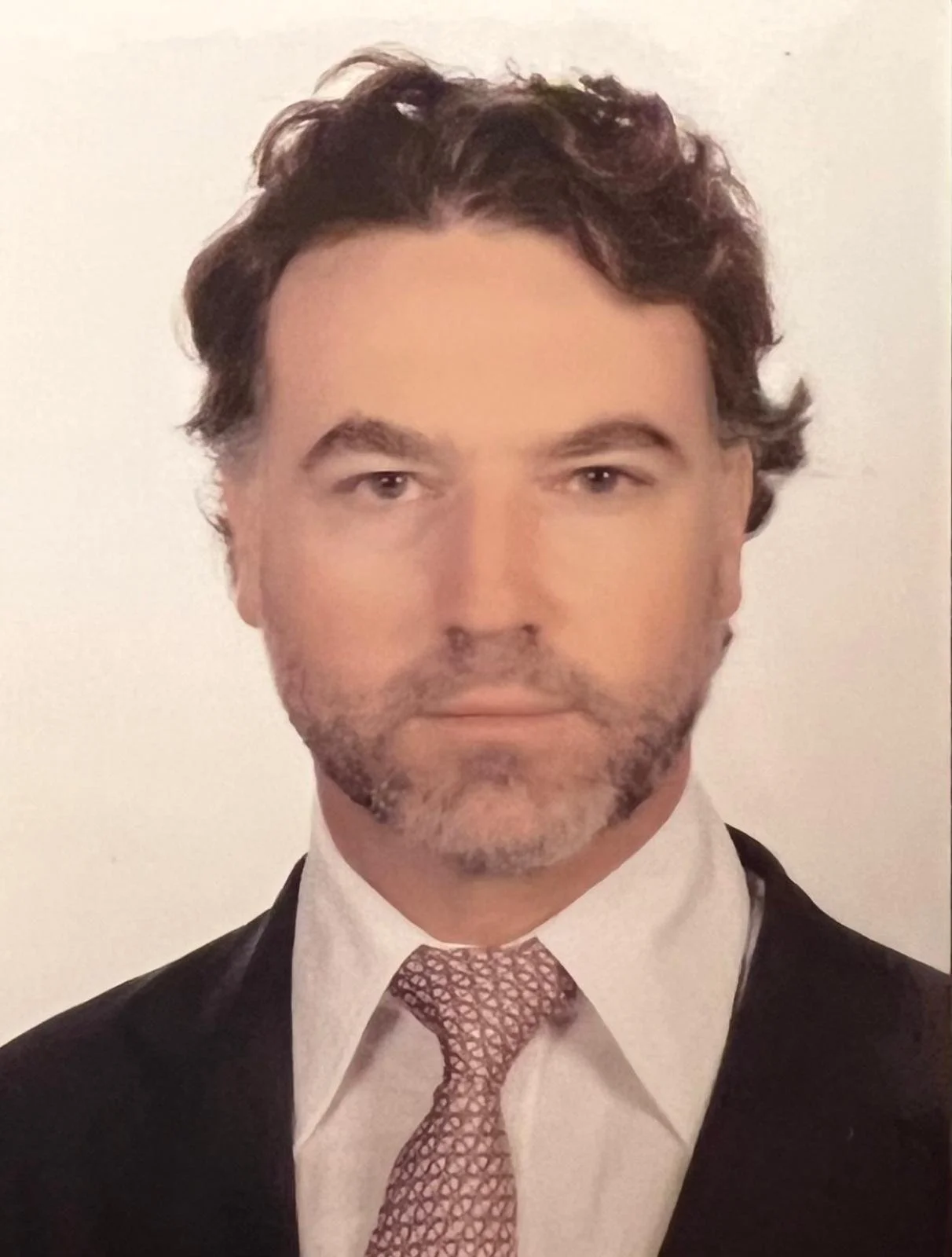Israel /Palestine: how to end Hamas terror, and create a secular Palestinian state with the rule of law, elections and equal rights? How to protect the democratic state of Israel from extinction, and stop illegal settlements and civilian casualties in Gaza?
The World Forum on the Future of Democracy, Tech and Humankind, 18th–19th February 2024, Berlin
Dr. Yossi Beilin
Justice Minister of Israel (1999–2001)
Bahman Kalbasi
BBC Persian’s UN Correspondent, (moderated)
Hiba Husseini
Attorney at Law
Daniel Levy
President of the US-Middle East project
Mohamed Moncef Marzouki
President of Tunisia (2011 to 2014)
Jamal Nusseibeh
Palestinian-American lawyer and investor
-
To facilitate peace and end the war in Gaza, the plan proposes a series of immediate, intermediate, and long-term steps focused on dialogue, reconciliation, and mutual recognition between Palestinians and Israelis.
1. Immediate Steps:
Disband the Palestinian Anti-Normalization Committee to foster meetings between Israelis and Palestinians, encouraging youth interaction.
Reactivate the Anti-Incitement Palestinian-Israeli joint committee.
Form a joint committee for reconciliation proposals, commemorating shared history.
Establish a committee with third-party academics to create a joint narrative.
2. Gaza Initiatives:
Release all Israeli hostages and withdraw the IDF from Gaza.
Set up an 18-month Multinational Gaza Trusteeship, inspired by Cambodia's 1991 model, including military, police, and administrative personnel, led by a foreign figure.
Afterward, incorporate Gaza into a Palestinian-Israeli agreement, ensuring a safe passage to the West Bank.
3. Permanent Agreement:
Negotiate a peace agreement recognizing the statehood and homelands of both peoples, without harming minority rights.
The negotiations will consider previous drafts from both formal and informal negotiations, including the Beilin-Abu Mazen Agreement of October 1995, the Clinton Parameters of December 2000, the Arab Peace Initiative of March 2002, the Ayalon-Nusseibeh Statement of Principles of July 2002, the Geneva Accord of December 2003, and the Holy Land Confederation of February 2022
This blueprint aims for a peaceful coexistence through mutual understanding, respect, and recognition of each other's rights to statehood and sovereignty.
-
Urgent call for a ceasefire in Gaza to address the humanitarian crisis.
Emphasis on the international community's role in facilitating a ceasefire and providing aid.
Need for departure from past ineffective approaches and decisive action.
Discussion on long-term solutions including two-state, confederation, or single state.
Focus on prioritising rights and dignity of Palestinians and Israelis.
Recognition of historical grievances and trust deficits.
Importance of understanding the broader context of conflict.
Emphasis on international law and accountability.
Call for immediate action to halt violence and provide aid.
Urging bold steps for a peaceful future.
-
The panel discussion at the World Forum on the future of Democracy, Tech, and Humankind, featuring Yossi Beilin, Moncef Marzouki, Jamal Nusseibeh, Daniel Levy, and Hiba Husseini, tackled the urgent and complex nature of the Israeli-Palestinian conflict. The conversation highlighted the significance of narratives, mutual respect for memories, and the idea of a joint narrative to bridge the gap between Palestinian and Israeli perspectives.
Beilin suggested forming a committee to establish a shared narrative, emphasizing that understanding each other's stories could lead to a more united future. He also advocated for a confederation between Israel and Palestine, noting the importance of addressing the narratives in educational systems.
Moncef Marzouki reflected on his experiences and observations about hatred and violence in the region, criticizing the disproportionate response to conflicts and the cycle of hatred it perpetuates. He stressed the need to focus on ending the current violence and addressing the wave of hatred sweeping across the Arab world.
Jamal Nusseibeh echoed the urgency of addressing the humanitarian crisis in Gaza and emphasized the need for a ceasefire and international support to pave the way for a two-state solution. He argued that Palestinians are ready for democracy and peace, provided they are given the freedom and support to establish their own state.
Daniel Levy critiqued the current approach to the conflict, highlighting the need for immediate action to stop the violence in Gaza and criticizing the lack of accountability for violations of international law. He called for a focus on ending the occupation and apartheid conditions faced by Palestinians, suggesting that a shift towards equality and justice is essential for peace.
Hiba Husseini stressed the immediate need for a ceasefire in Gaza, the re-establishment of basic services, and a political horizon that includes the end of occupation and the realization of a Palestinian state. She called for international action to stop the violence and support the rights and dignity of the Palestinian people.
The panelists collectively underscored the need for an immediate ceasefire, international intervention to ensure security and peace, and a long-term political solution based on mutual recognition, respect, and the right to self-determination for both Israelis and Palestinians.
Calls for Action:
To facilitate peace and end the war in Gaza, the plan proposes a series of immediate, intermediate, and long-term steps focused on dialogue, reconciliation, and mutual recognition between Palestinians and Israelis.
1. Immediate Steps:
Disband the Palestinian Anti-Normalization Committee to foster meetings between Israelis and Palestinians, encouraging youth interaction.
Reactivate the Anti-Incitement Palestinian-Israeli joint committee.
Form a joint committee for reconciliation proposals, commemorating shared history.
Establish a committee with third-party academics to create a joint narrative.
2. Gaza Initiatives:
Release all Israeli hostages and withdraw the IDF from Gaza.
Set up an 18-month Multinational Gaza Trusteeship, inspired by Cambodia's 1991 model, including military, police, and administrative personnel, led by a foreign figure.
Afterward, incorporate Gaza into a Palestinian-Israeli agreement, ensuring a safe passage to the West Bank.
3. Permanent Agreement:
Negotiate a peace agreement recognizing the statehood and homelands of both peoples, without harming minority rights.
The negotiations will consider previous drafts from both formal and informal negotiations, including the Beilin-Abu Mazen Agreement of October 1995, the Clinton Parameters of December 2000, the Arab Peace Initiative of March 2002, the Ayalon-Nusseibeh Statement of Principles of July 2002, the Geneva Accord of December 2003, and the Holy Land Confederation of February 2022
This blueprint aims for a peaceful coexistence through mutual understanding, respect, and recognition of each other's rights to statehood and sovereignty.
Main outcomes of the panel discussion:
Urgent call for a ceasefire in Gaza to address the humanitarian crisis.
Emphasis on the international community's role in facilitating a ceasefire and providing aid.
Need for departure from past ineffective approaches and decisive action.
Discussion on long-term solutions including two-state, confederation, or single state.
Focus on prioritising rights and dignity of Palestinians and Israelis.
Recognition of historical grievances and trust deficits.
Importance of understanding the broader context of conflict.
Emphasis on international law and accountability.
Call for immediate action to halt violence and provide aid.
Urging bold steps for a peaceful future.
The panel discussion summary:
The panel discussion at the World Forum on the future of Democracy, Tech, and Humankind, featuring Yossi Beilin, Moncef Marzouki, Jamal Nusseibeh, Daniel Levy, and Hiba Husseini, tackled the urgent and complex nature of the Israeli-Palestinian conflict. The conversation highlighted the significance of narratives, mutual respect for memories, and the idea of a joint narrative to bridge the gap between Palestinian and Israeli perspectives.
Beilin suggested forming a committee to establish a shared narrative, emphasizing that understanding each other's stories could lead to a more united future. He also advocated for a confederation between Israel and Palestine, noting the importance of addressing the narratives in educational systems.
Moncef Marzouki reflected on his experiences and observations about hatred and violence in the region, criticizing the disproportionate response to conflicts and the cycle of hatred it perpetuates. He stressed the need to focus on ending the current violence and addressing the wave of hatred sweeping across the Arab world.
Jamal Nusseibeh echoed the urgency of addressing the humanitarian crisis in Gaza and emphasized the need for a ceasefire and international support to pave the way for a two-state solution. He argued that Palestinians are ready for democracy and peace, provided they are given the freedom and support to establish their own state.
Daniel Levy critiqued the current approach to the conflict, highlighting the need for immediate action to stop the violence in Gaza and criticizing the lack of accountability for violations of international law. He called for a focus on ending the occupation and apartheid conditions faced by Palestinians, suggesting that a shift towards equality and justice is essential for peace.
Hiba Husseini stressed the immediate need for a ceasefire in Gaza, the re-establishment of basic services, and a political horizon that includes the end of occupation and the realization of a Palestinian state. She called for international action to stop the violence and support the rights and dignity of the Palestinian people.
The panelists collectively underscored the need for an immediate ceasefire, international intervention to ensure security and peace, and a long-term political solution based on mutual recognition, respect, and the right to self-determination for both Israelis and Palestinians.






